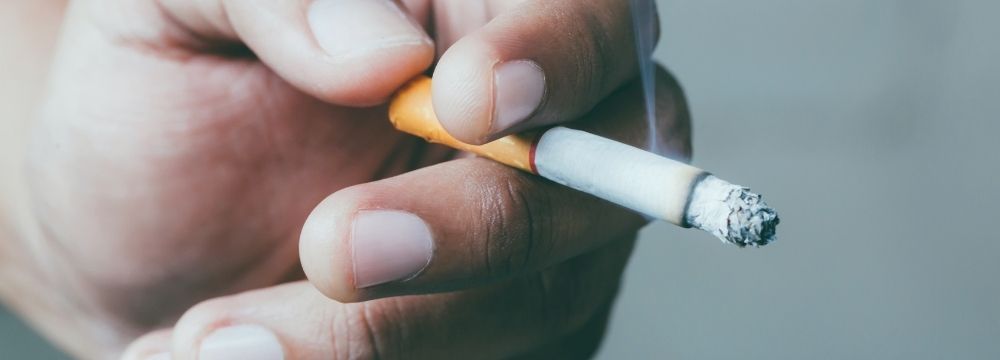Smoking After Weight Loss Surgery

At least six to eight weeks before weight loss surgery, your doctor will tell you to quit smoking. This is because it takes time for your lungs to heal, and non-smokers have fewer complications during surgery and recover faster after surgery. If you have already had the surgery and contemplating smoking again, the best advice is don’t!
The most important reason is rooted in common sense. You just had a life-changing procedure with the eventual purpose of improving your health and resolving your obesity-related disease. Returning to smoking would run counter to that goal. But how does smoking affect you?
- Smoking results in shortness of breath, and after surgery, you will start exercising more. The combination means less effective exercise routines and lower weight loss potential. The prospect of long-term COPD or chronic obstructive pulmonary disease is even more concerning. In its early stages, you may not feel any appreciable difference in how you breathe, but you may find yourself getting tired more quickly. Many patients have already permanently damaged their lungs by the time COPD is diagnosed.
- Infection is a primary concern after any surgical procedure, and smokers have a significantly higher risk of experiencing infection due to this habit.
- Smoking is linked to gastritis (inflamed stomach lining), inflammation, and ulceration of the pouch. Not only is this uncomfortable, but it is also problematic to eat correctly and get enough nutrition at every meal. An irritated pouch necessarily makes it harder for you to follow your post-bariatric diet.
- Studies have found that those with diabetes who smoke have a higher risk of heart attacks and strokes. Unfortunately, diabetes affects many overweight and obese people with severe consequences. If you have diabetes or are borderline, smoking will increase your chances of strokes or heart attacks. On the other hand, quitting smoking can almost immediately reduce your risk of a heart attack.
- Regardless of your weight, smoking can also increase the risk of long-term cardiovascular disease and heart failure. Smoking narrows the blood vessels and increases the risk of atherosclerosis or plaque buildup on the arterial walls. Because of this narrowed pathway for blood flow, the blood in your heart Hass to pump harder and faster to provide the body with essential oxygenation. Over time, this can induce progressively worse heart failure.
Now that you are making massive changes and improving your quality of life, it may be time to consider quitting smoking for good. There are many ways to stop. Talk to your doctor and find the plan that works best for you.

